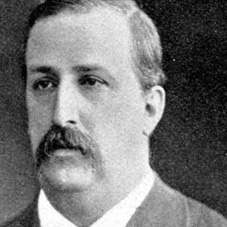
Bio
Though far from prolific as a composer - by day he was a scientist noted for his research on aldehydes - Alexander Borodin (1833-1887) nevertheless earned a secure place in the history of Russian music. As a creative spirit, Borodin was the most accomplished of the Russian nationalists composers. He had a particular gift for the distinctive stripe of exoticism so evident in his most frequently performed work, the Polovtsian Dances from the opera Prince Igor. The illegitimate son of a Georgian prince and a doctor's wife, Borodin enjoyed a comfortable upbringing. As a child he learned to play several instruments and tried his hand at composing, but other aptitudes directed his formal education. He studied chemistry at St. Petersburg's Medico-Surgical Academy, obtaining his doctorate in 1858 and pursuing further studies in Europe until 1862. Upon his return to Russia, he became a professor at his alma mater; but even as an academic career apparently loomed before him, he maintained a devotion to music. Borodin’s compositions place him in the front rank of Russian composers. He had an unusually fine rhythmic sense and excelled in the use of orchestral colour and in the evocation of distant places. His melodies reflect the character of Russian folk melodies, and like other composers of the Russian national school, he used striking harmonies unconventional in western European music.
 Contact
Contact Basket
Basket My favorites
My favorites My account
My account






